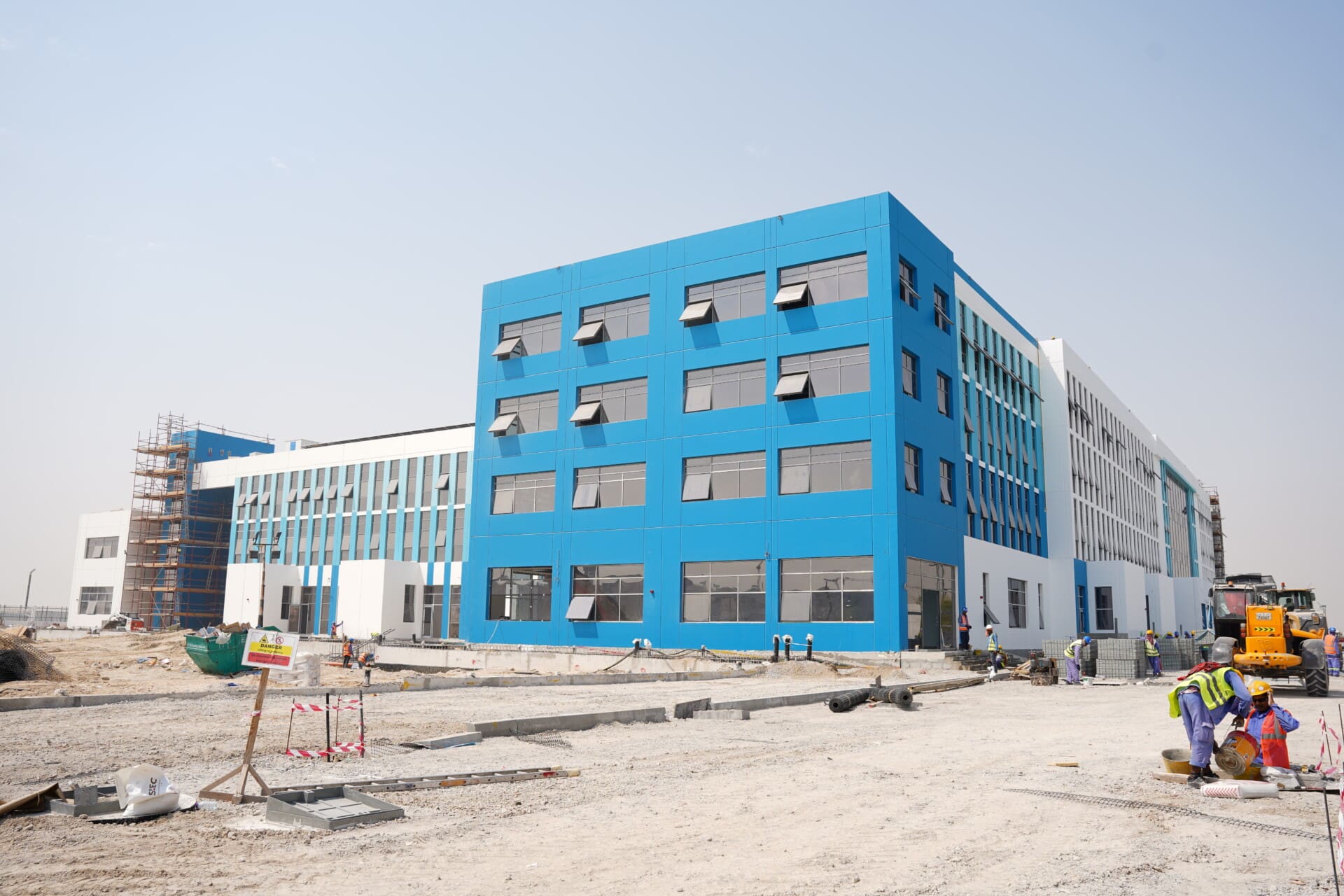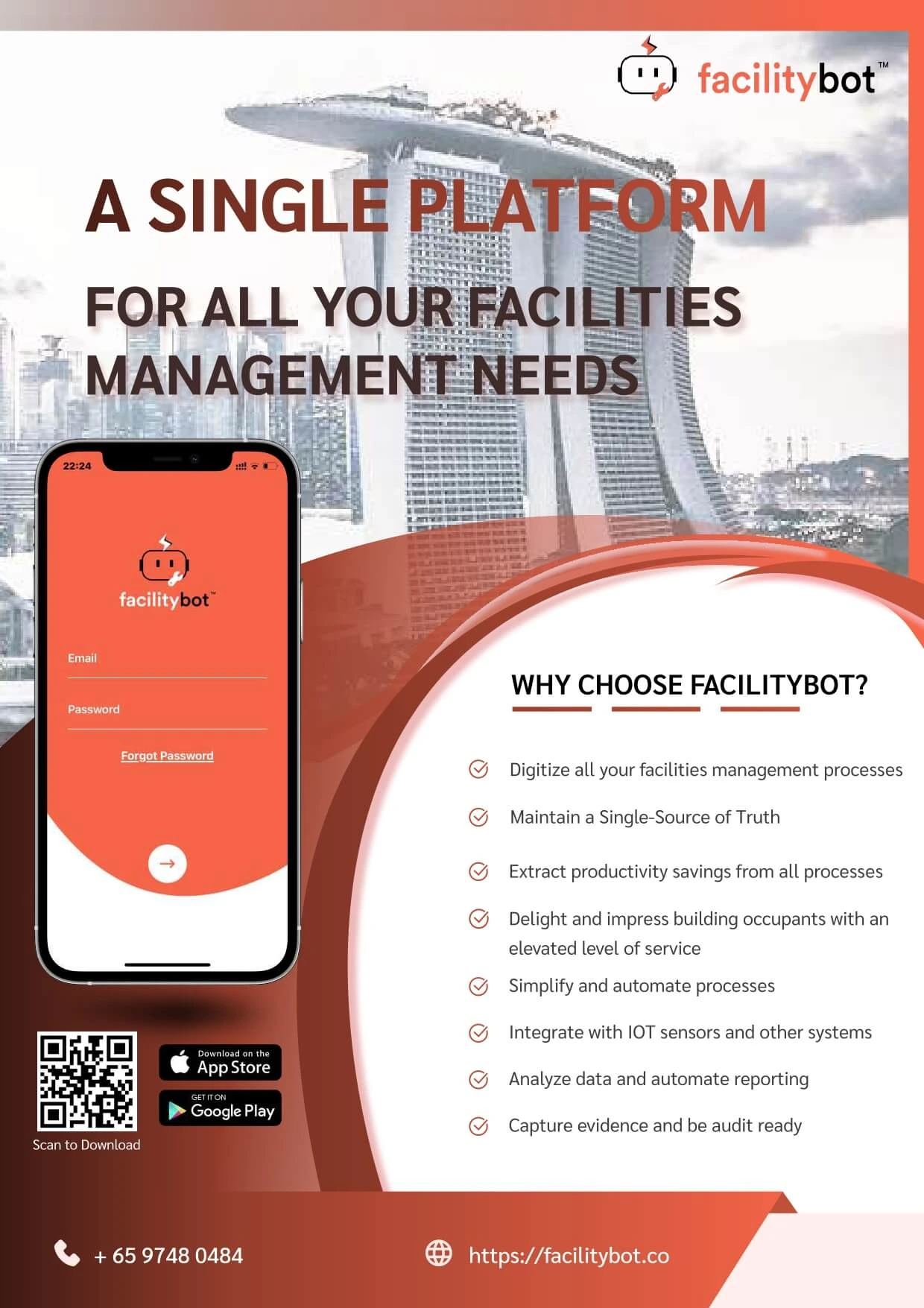Facility management has always been about efficiency — ensuring that buildings, assets, and people operate in harmony. But in 2025, the role of facility managers has evolved dramatically. With growing expectations around sustainability, cost reduction, and real-time responsiveness, traditional methods are no longer enough.
Enter Artificial Intelligence (AI) — a game changer for facility management. AI enables managers to move from reactive maintenance to predictive strategies, automate routine tasks, and make data-driven decisions that enhance performance across the board.
Modern facility managers leveraging platforms like FacilityBot are already seeing major gains in productivity, cost savings, and tenant satisfaction — all powered by AI-driven automation and analytics.
The Shift from Traditional Management to AI-Powered Efficiency
In the past, facility management relied heavily on manual processes — paper-based work orders, reactive maintenance, and fragmented communication systems. This approach worked when operations were simpler, but it can’t keep up with today’s connected, data-rich environments.
AI for facility managers changes the equation by:
- Analyzing massive volumes of facility data in real time.
- Predicting equipment failures before they occur.
- Automating communication and fault reporting.
- Optimizing energy consumption and resource allocation.
By integrating AI capabilities into facility management software, managers gain a single source of truth for monitoring, maintaining, and improving every aspect of their operations.
How AI Empowers Modern Facility Managers
1. Predictive Maintenance and Downtime Reduction
AI enables facility managers to predict when assets will fail — long before it happens. By analyzing sensor data, usage history, and maintenance trends, AI models identify warning signs early.

For example, FacilityBot’s AI-powered maintenance tools can automatically detect anomalies in equipment performance, alert the maintenance team, and schedule servicing proactively. This predictive approach minimizes unplanned downtime, extends asset lifecycles, and saves on costly emergency repairs.
2. Streamlined Communication and Automation
One of the biggest pain points for facility managers is handling service requests efficiently. AI chatbots, like those integrated within FacilityBot, automate tenant communication through platforms such as WhatsApp, Microsoft Teams, and Slack.
Tenants can report issues in plain language — “The lights in the hallway are flickering” — and AI instantly categorizes and routes the request to the right technician. This reduces administrative overhead and ensures faster resolution times.
3. Smarter Energy Management
AI algorithms analyze real-time data from lighting, HVAC, and utility systems to identify patterns of waste. Facility managers can then make informed decisions about scheduling, occupancy, and energy consumption.
Using FacilityBot, managers can monitor and optimize energy usage across multiple sites, cutting operational costs while meeting sustainability goals.
4. Data-Driven Decision-Making
AI empowers facility managers to make smarter decisions based on real-time analytics. Instead of relying on guesswork, managers can access actionable insights — such as which assets consume the most energy, where maintenance costs are highest, or how space is being utilized.
FacilityBot’s analytics dashboards turn complex facility data into simple visualizations that guide strategic planning and budgeting decisions.
5. Enhanced Tenant Satisfaction
In modern buildings, tenant experience is everything. AI helps facility managers deliver a smoother, faster, and more transparent service experience.
Through AI chatbots and automated reporting systems, FacilityBot ensures tenants receive real-time updates on their requests — increasing satisfaction and trust in facility operations.
Benefits of AI for Facility Managers
1. Increased Productivity
By automating repetitive administrative tasks, AI gives managers and technicians more time to focus on high-value work such as strategic planning, inspections, and optimization.

2. Cost Savings
Predictive analytics reduce unnecessary maintenance costs, while AI-driven energy monitoring lowers utility bills. FacilityBot customers often see significant ROI within months.
3. Improved Compliance and Safety
AI helps track compliance with safety regulations by monitoring environmental data and ensuring inspections are completed on schedule.
4. Scalability Across Locations
AI-powered platforms like FacilityBot allow facility managers to oversee multiple properties from a single dashboard — ensuring consistent quality and performance across the portfolio.
5. Sustainability and ESG Alignment
As organizations pursue greener operations, AI provides the data and automation tools needed to meet sustainability and ESG targets effectively.
Real-World Example: FacilityBot in Action
Let’s say a corporate office uses FacilityBot to manage multiple floors. Employees report issues such as broken lights or malfunctioning air conditioning through Microsoft Teams. FacilityBot’s AI chatbot automatically interprets the message, categorizes it, and sends a task to the right maintenance technician.
At the same time, the system tracks completion time, technician performance, and recurring fault types — data that FacilityBot’s AI analytics convert into actionable insights. The facility manager can then identify bottlenecks, optimize resources, and prevent similar issues in the future.
This combination of AI communication, predictive maintenance, and analytics helps managers stay ahead of problems, improve tenant experience, and drive operational excellence — all from one platform.
The Future of AI for Facility Managers
The future of AI in facility management is even more exciting. As machine learning, IoT, and predictive analytics continue to evolve, AI will become a core component of every modern facility manager’s toolkit.
Here’s what’s next:
- Autonomous Maintenance: AI will automatically schedule repairs and order parts before failures occur.
- Digital Twins: Virtual replicas of facilities will allow real-time monitoring and scenario testing.
- AI-Driven Space Optimization: Algorithms will continuously analyze occupancy data to maximize space efficiency.
- Voice-Activated Operations: Managers and technicians will interact with facility systems through AI voice assistants.
FacilityBot is already moving in this direction — combining AI, automation, and data analytics to redefine how facility management operates in the modern age.
Why FacilityBot is the Best Choice for AI-Driven Facility Management
FacilityBot stands out as one of the most comprehensive AI facility management platforms, empowering managers to automate, analyze, and optimize every part of their operations.
Key advantages include:
- Seamless integration with chat platforms (Teams, WhatsApp, Slack).
- AI-powered fault detection and routing.
- Predictive analytics for proactive maintenance.
- Real-time dashboards and automated reports.
- Scalable for enterprises with multi-site operations.
By combining AI automation with intuitive user interfaces, FacilityBot gives modern facility managers everything they need to stay efficient, compliant, and future-ready.
Conclusion
The role of facility managers has never been more strategic — and AI for facility managers is the technology making that transformation possible. From predictive maintenance and automation to real-time analytics and sustainability, AI empowers managers to make smarter decisions with less effort.
With platforms like FacilityBot, organizations can harness the full potential of AI to boost efficiency, enhance tenant satisfaction, and achieve long-term cost savings.
In 2025 and beyond, facility managers who adopt AI-driven tools won’t just manage buildings — they’ll manage smarter, more sustainable, and more responsive ecosystems.




